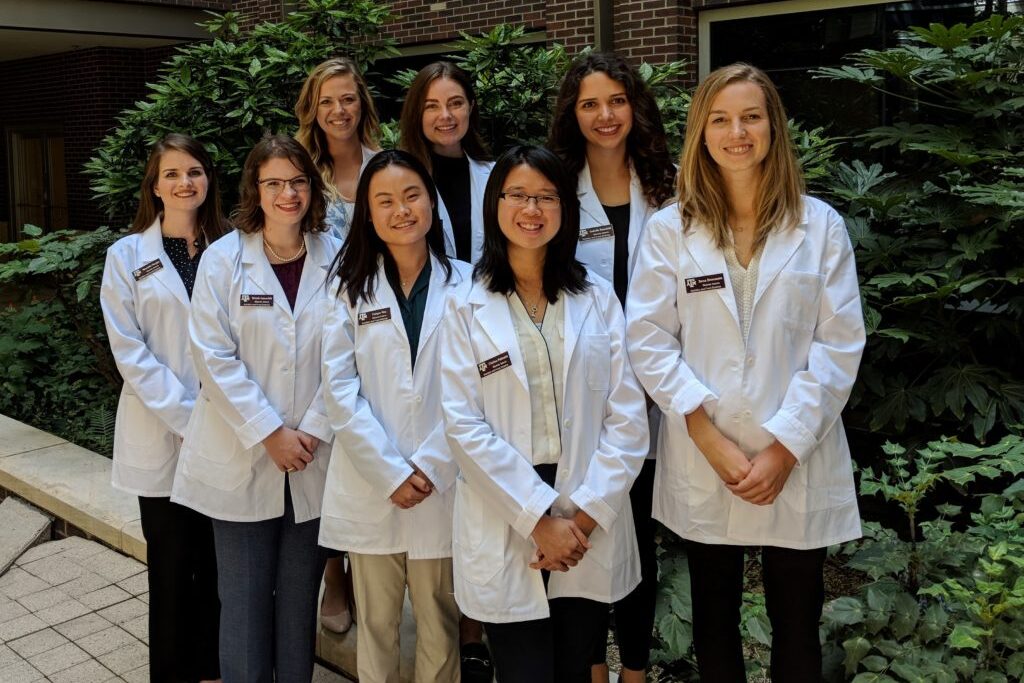
Didactic Program in Dietetics
Nutrition is essential for human health and disease prevention, and dietetics is a popular field for anyone interested in food and nutrition, science, health, and working with people. Eligible students can apply to enter the ACEND-accredited Didactic Program in Dietetics (DPD) after completing the academic requirements. Those who complete the program may continue along the path to becoming a Registered Dietitian by applying for a Dietetic Internship.
While an education in dietetics provides hands-on opportunities to help communities improve their health and wellness, our program’s strong science foundation also prepares students to be effective interdisciplinary communicators, poised for success in graduate studies, dietetic internships (or supervised practice) and career opportunities in dietetics.
DPD Program Details
Fall 2025 DPD Orientation Dates
October 6th 5:30-7:00 pm | Cater-Mattil 124A
November 13th 5:30-7:00 pm | Cater-Mattil 124A
What Makes the Texas A&M DPD Program Unique?

Strong Science and Pre-Med Curriculum
Our students explore how food and nutrients impact human health by combining foundational coursework in biology, chemistry, and genetics with hands-on and relevant experiences across the field of nutrition.

High-Impact Learning Experiences
Even at the undergraduate level, our students can make an impact through collaborative community-based learning experiences like Operation Border Health and Preparedness, statewide site visits through Study Abroad Texas, and international study abroad programs.

Interprofessional Leadership Opportunities
Our students actively participate in the professional organizations in our field, including the Nutrition and Dietetic Association, the Academy of Nutrition and Dietetics, and its state branch, the Texas Student Dietetic Association.
Credential Requirements
How to Become a Nutrition Dietetic Technician, Registered (NDTR)
Nutrition and dietetics technicians, registered, are trained in food and nutrition and are an integral part of the health-care and foodservice management teams. NDTRs have met the following criteria to earn the NDTR credential:
1. Complete a Bachelor’s Degree
Complete an ACEND-accredited didactic program or coordinated program in dietetics and a bachelor’s degree at a U.S. regionally accredited college or university.
2. Pass the Credentialing Exam
After completing the degree and dietetics coursework, pass a national examination administered by the Commission on Dietetic Registration (CDR).
3. Continuing Education
Complete continuing professional educational requirements to maintain registration as needed throughout your career.
How to Become a Registered Dietitian Nutritionist (RDN)
While anyone can call themselves a nutritionist, the Registered Dietitian Nutritionalist (RDN) status signifies a nutrition expert—it is very difficult to find nutrition-related jobs without completing the RDN credential requirements:
1. Complete a Bachelor’s Degree
Complete a minimum of a bachelor’s degree from a U.S. regionally accredited college or university or foreign equivalent.*
2. Didactic Program in Dietetics
Complete an ACEND-accredited Didactic Program in Dietetics concurrently or after completing a degree.
3. Graduate Degree
Complete a graduate degree at the Master’s level or higher.
4. Dietetic Internship Program
After a successful application and match, complete an ACEND-accredited Dietetic Internship Program.
5. Pass the Credentialing Exam
Pass the Commission on Dietetic Registration credentialing exam to become a Registered Dietitian Nutritionalist.
Upon successful completion of the Texas A&M MCN Program, graduates will be eligible for the credentialing exam by the Commission on Dietetic Registration (CDR) to become an RDN. In most states, graduates also must obtain state certification or licensure to practice. More information about educational pathways to become a RDN can be found through the Academy of Nutrition and Dietetics. Students with foreign degrees who want to be credentialed as a RD in the United States must comply with CDR’s eligibility and examination requirements.
DPD Program Accreditation
Texas A&M’s Didactic Program in Dietetics (DPD) is accredited by The Accreditation Council for Education in Nutrition and Dietetics (ACEND), which prepares graduates for a dietetic internship, which is required to become a Registered Dietitian (RDN). In January 2024, ACEND voted to continue full accreditation of the Texas A&M DPD Program for a term ending June 30, 2032.
Contact Information for ACEND:
Website: https://www.eatrightpro.org/acend
Email: [email protected]
Phone: (800) 877-1600, ext. 5400
Mail: 120 South Riverside Plaza | Suite 2190 | Chicago, IL 60606-6995
Interested in Learning More?
If you’re interested in the Didactic Program in Dietetics, we encourage you to reach out to our leadership team.
Meghan Windham
Didactic Program in Dietetics (DPD) Director Department of Nutrition, Clinical Assistant Professor
